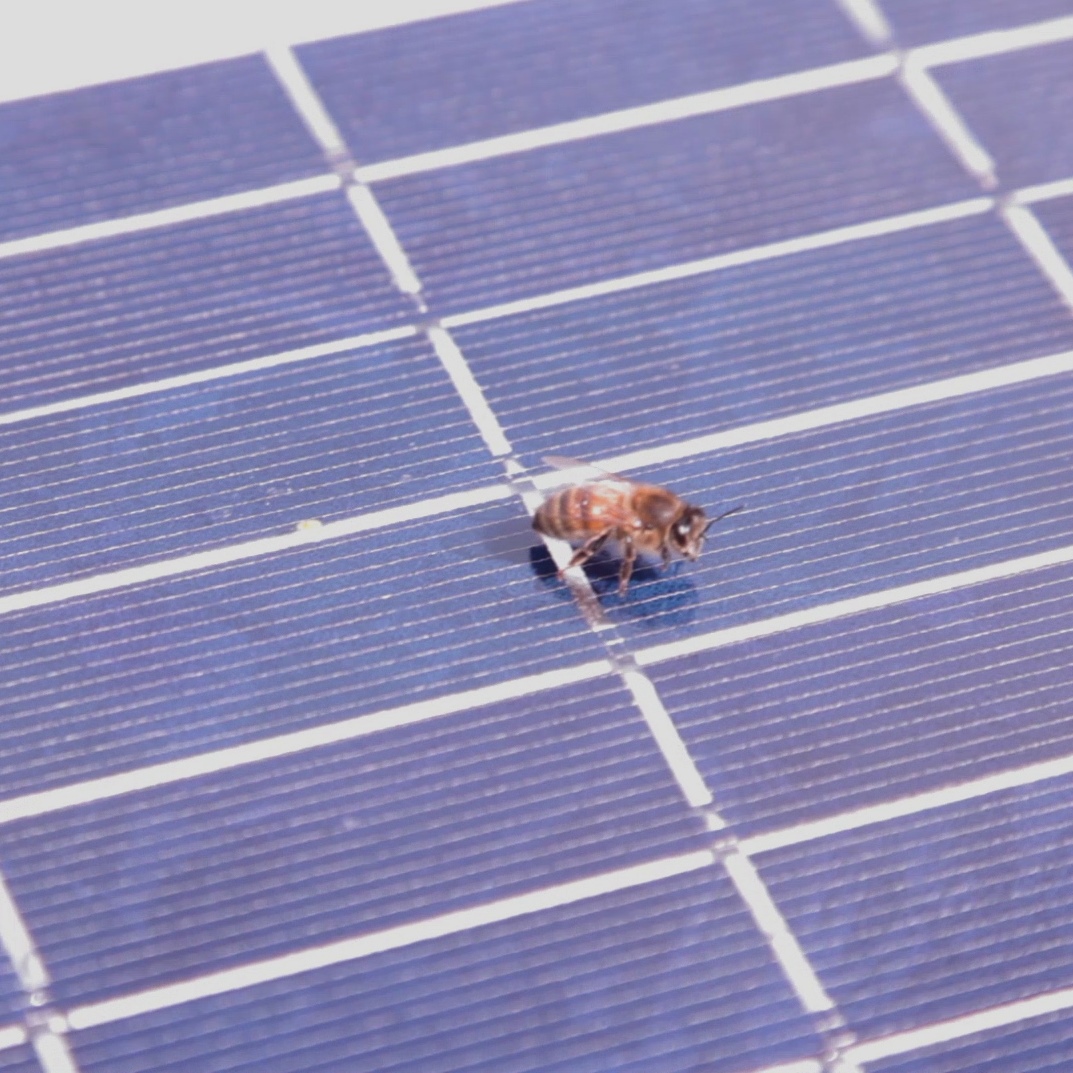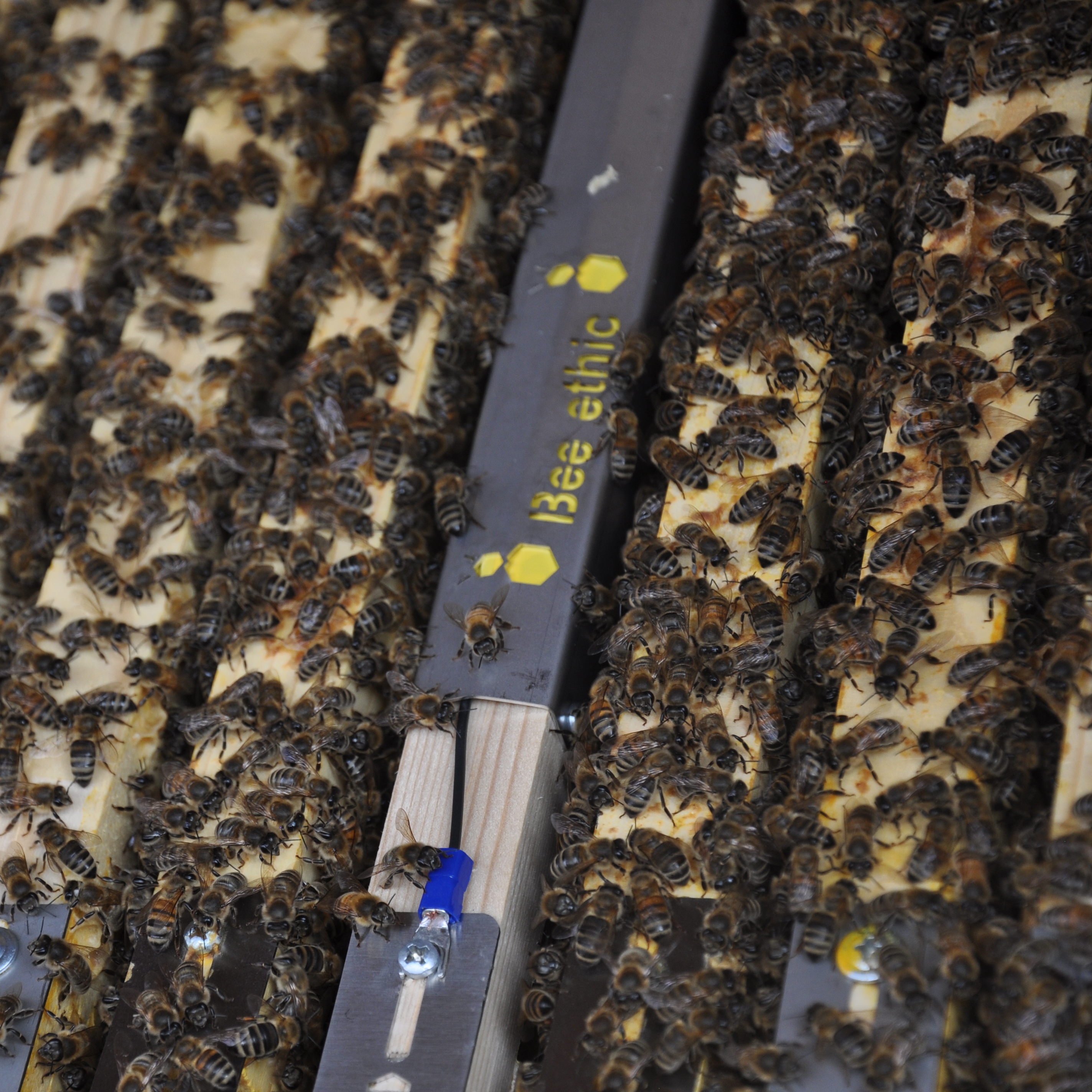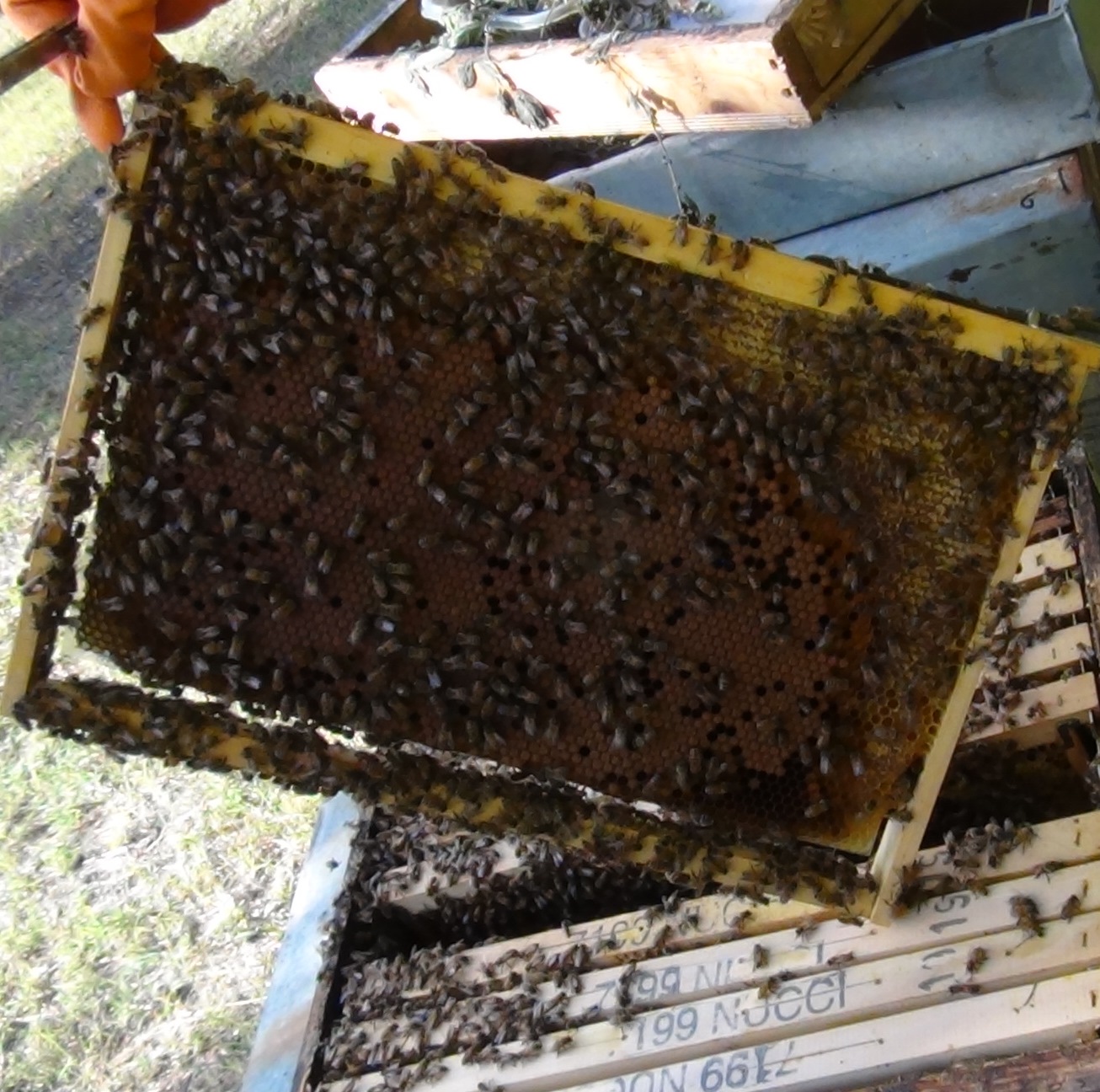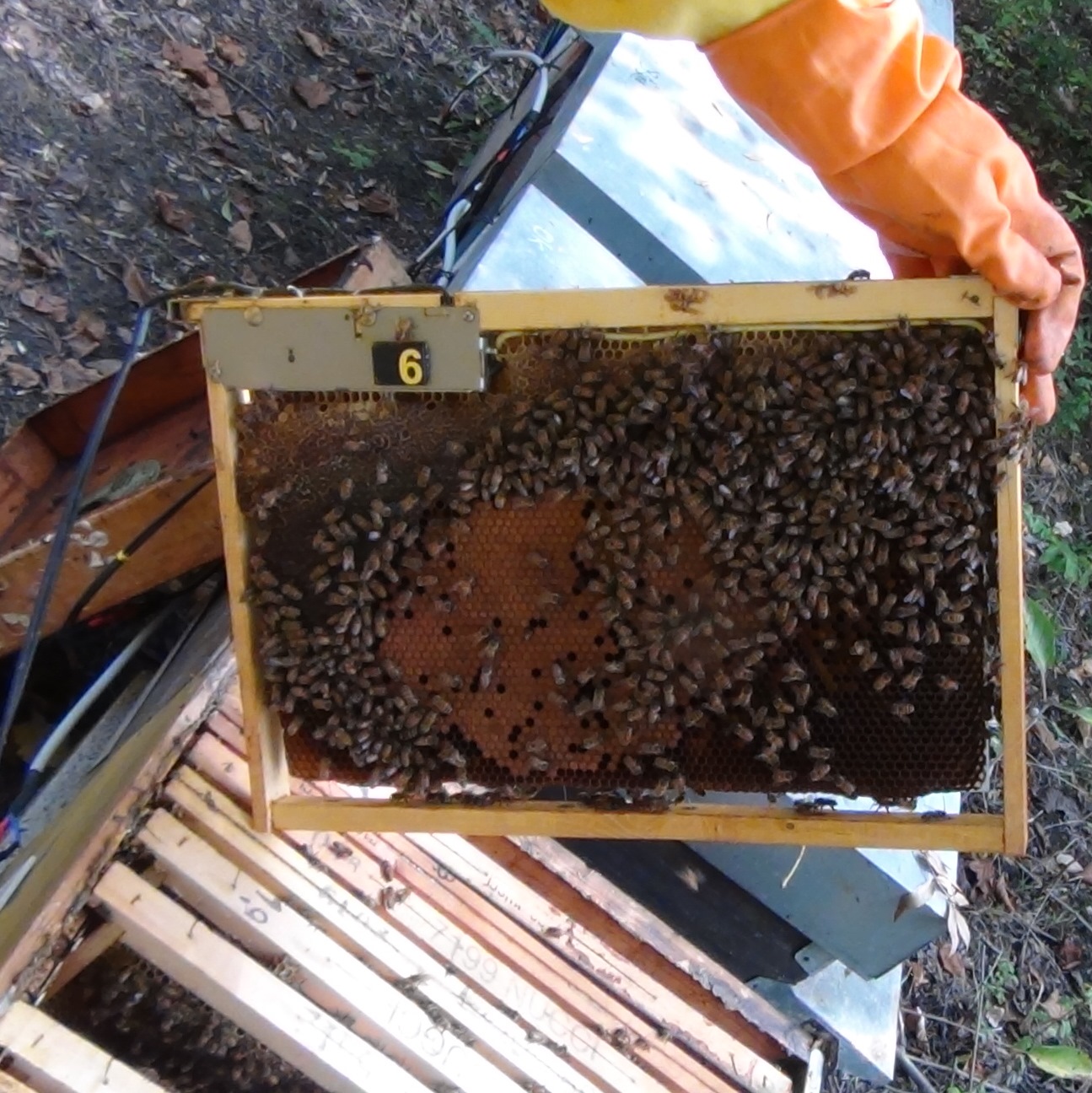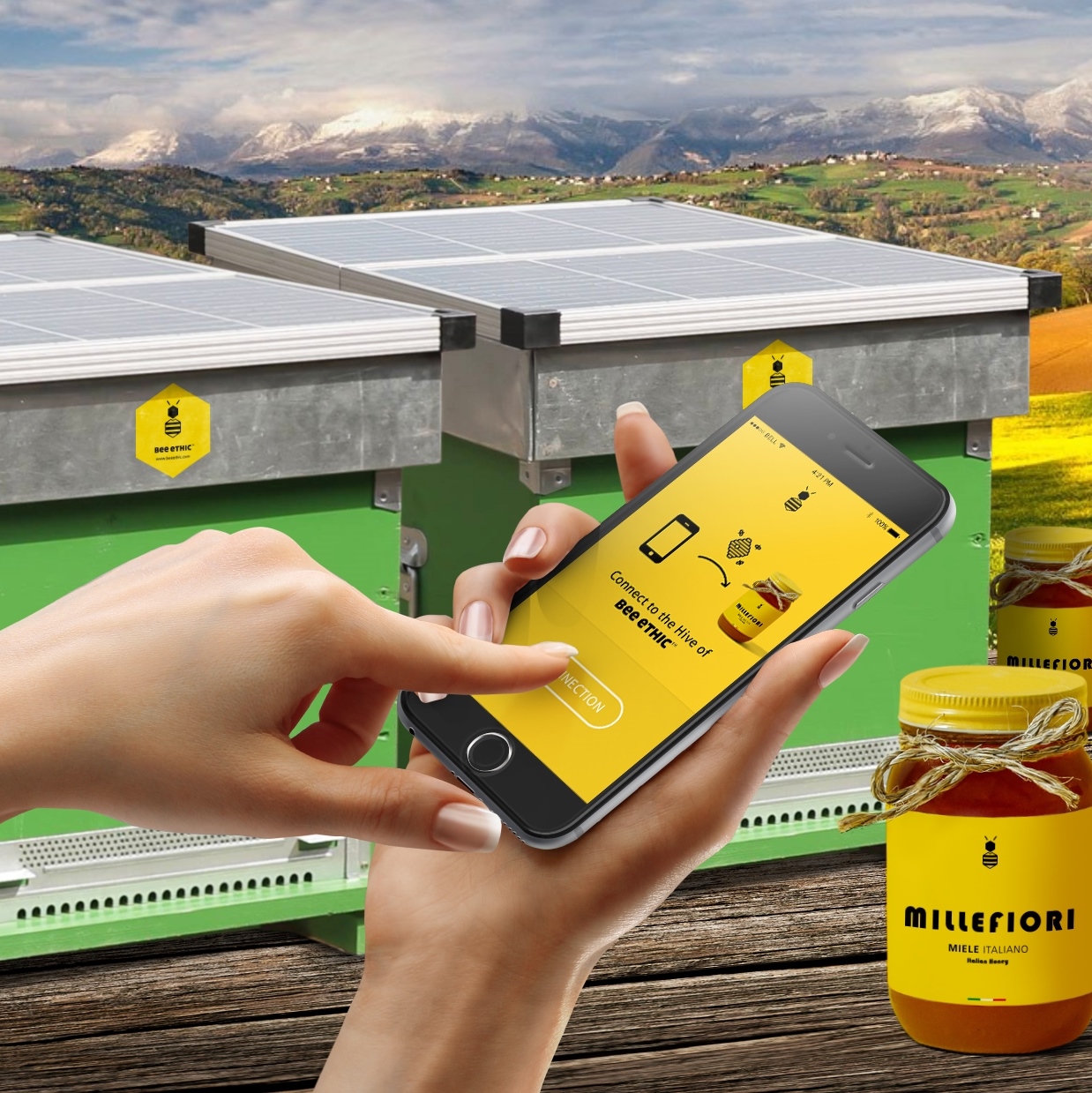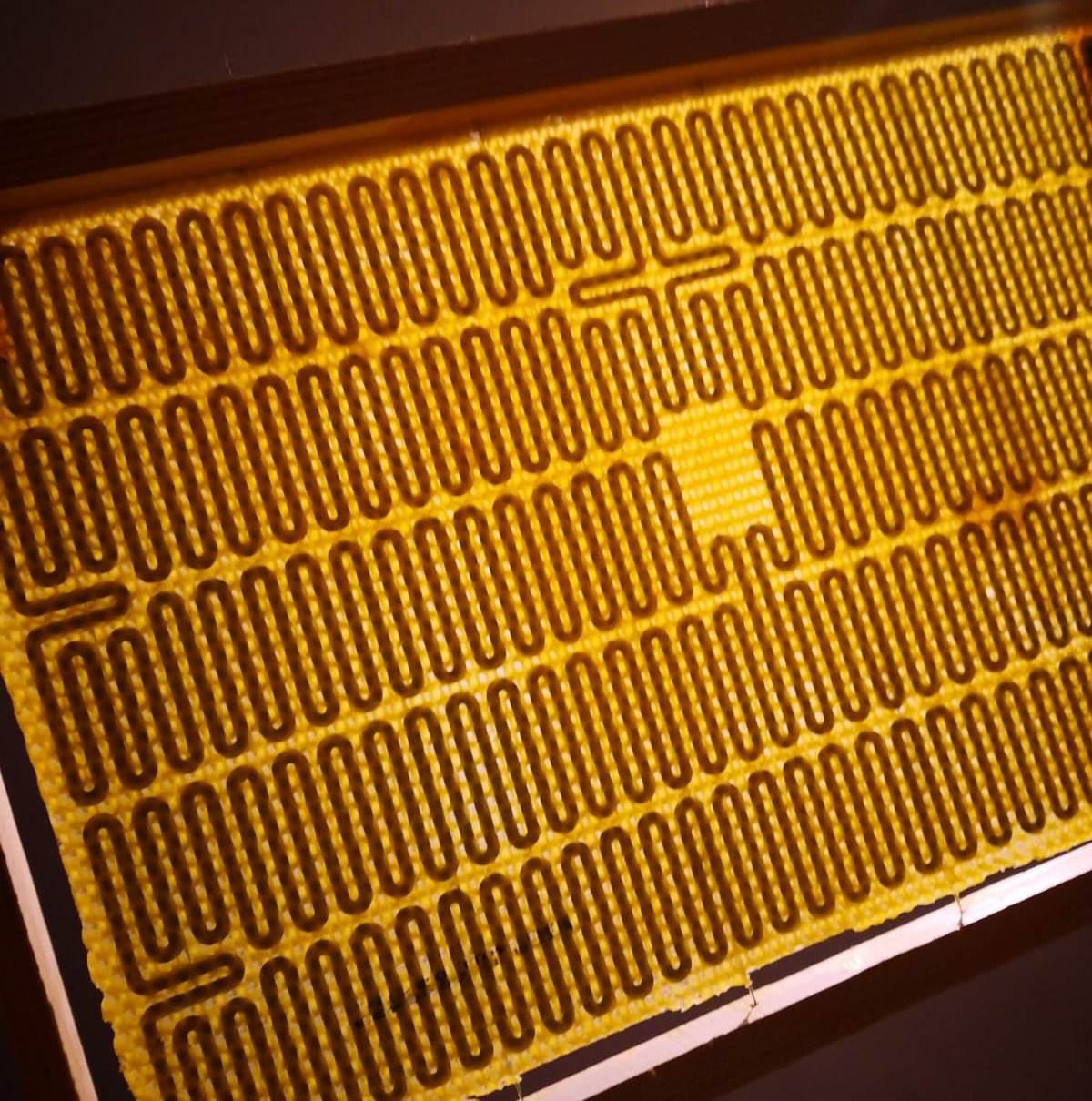PRODUCT
“Save bees whithout any chemical solution, a good idea. BEE ETHIC”
Ascanio Tagliaferri
 THE RESEARCH
THE RESEARCH
In 2009, a study by the University of Tübingen certified that Varroa mites cannot stand heat, succumbing to temperatures above 40° C, while bees easily survive temperatures above 44° C.
However, it was not easy to apply the heat treatment for Varroa disinfestation suggested by the study. Placing bee families in the ovens to undergo the thermotherapy proved to be complex and expensive.
BEE ETHIC
The Bee Ethic system kills Varroa by heating the hive at 42° C (108 F). Bees are treated directly during the reproduction phase, within the bee brood, thus stopping the Varro reproduction cycle. As Varroa is also a virus carrier, Bee Ethic helps to block viral transmission.
With Bee Ethic, the bee colony is healthier and more productive.
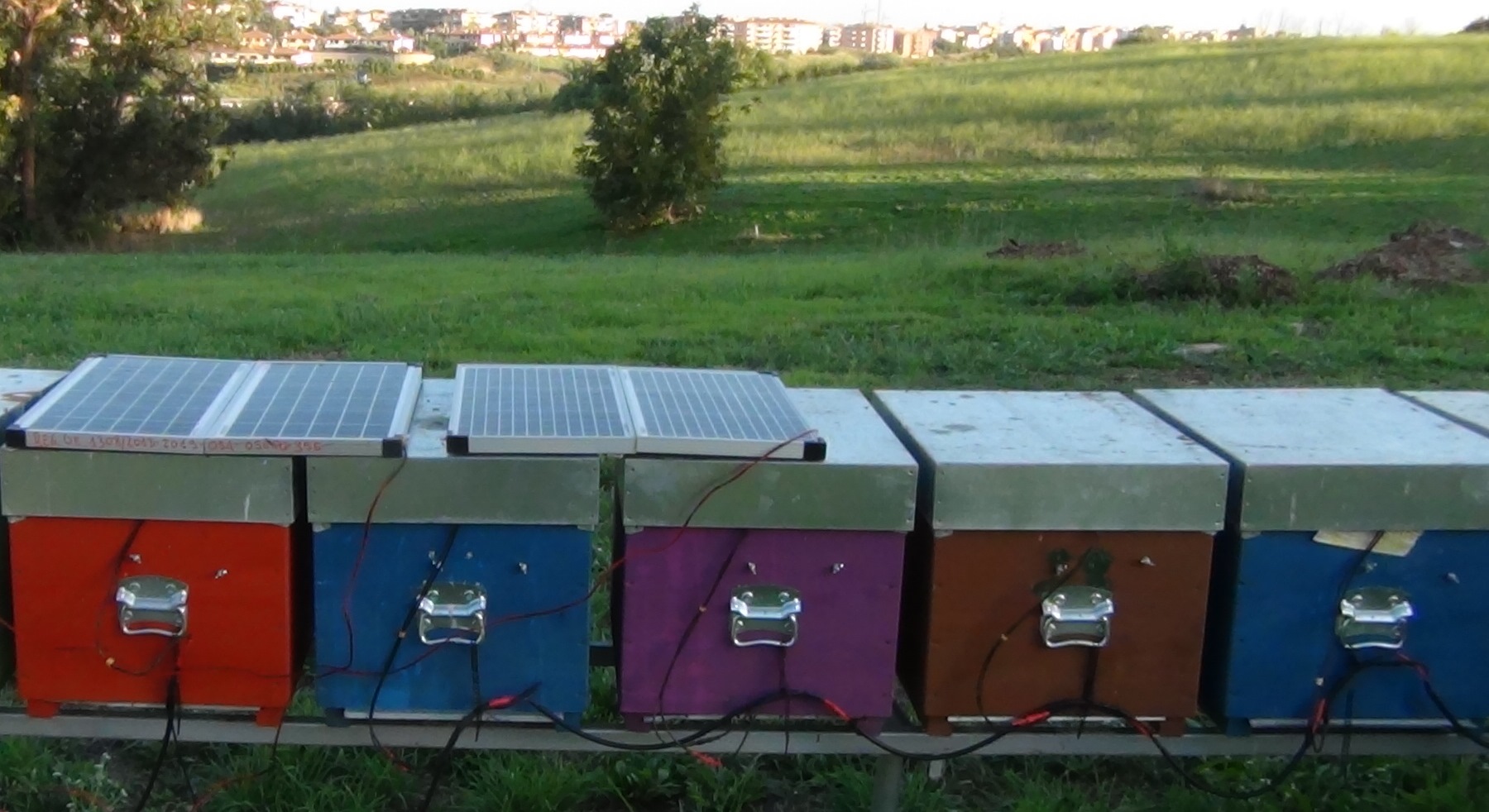
The Bee Ethic system’s “brain” is an electronic control unit, integrated into the frame:
The microchip carries out anti-Varroa treatments when necessary. It supports bees in controlling the brood’s temperature, particularly when rapid temperature changes occur.
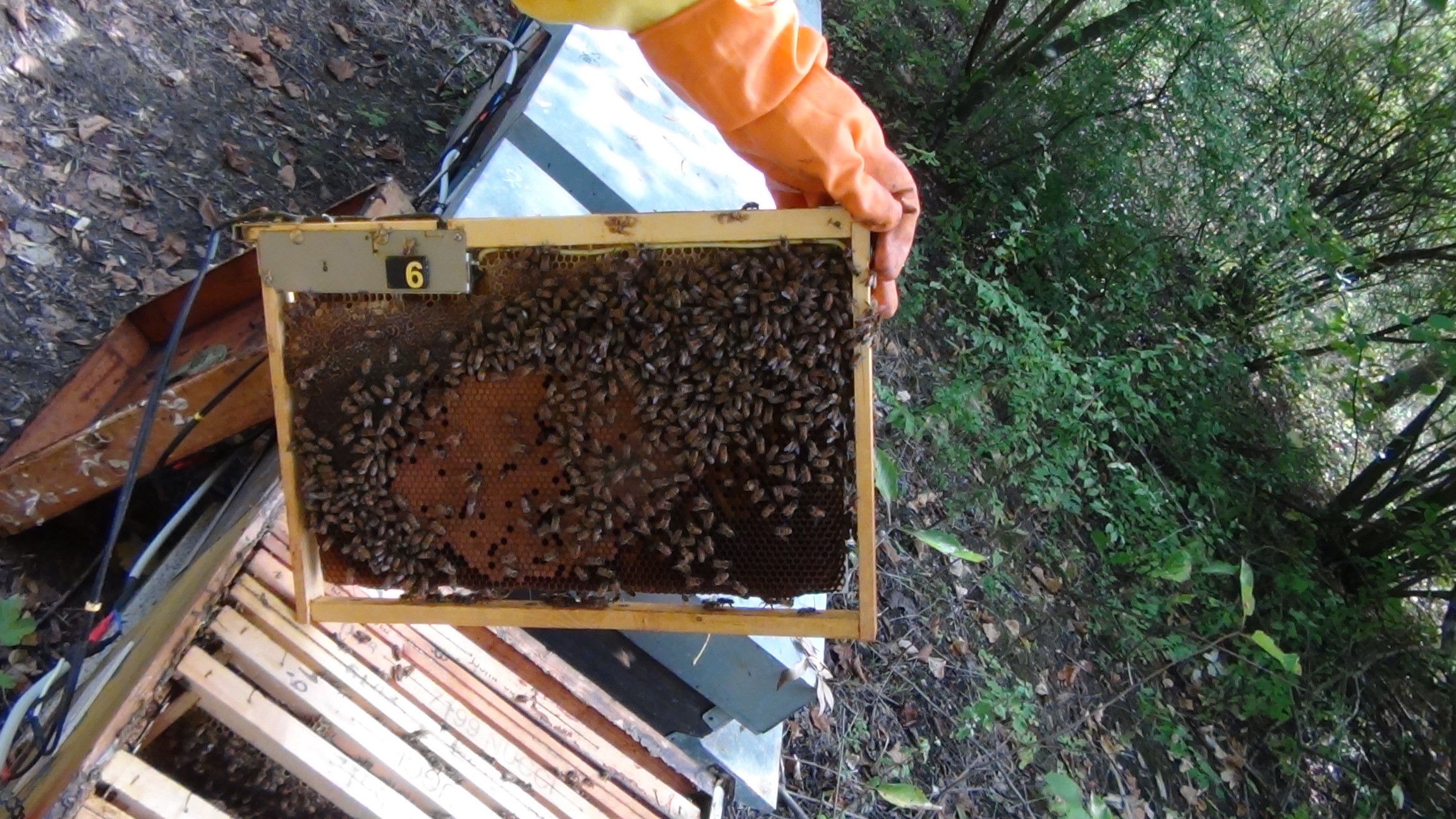
With automatically repeated treatments throughout the season (at each brood cycle), bees will be born without Varroa and hence healthier!
With no Varroa in the brood, risks of transmitting viruses (DWV, ABV, IAPV, KBV CBPV etc.) to the bees are also lowered.

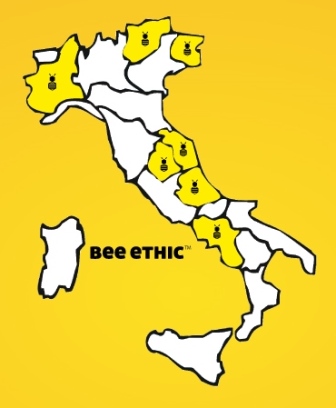 Bee ethic has been recognized and funded through Reg 1308/2013, as a valid biotechnology against Varroa by numerous Italian Regions.
Bee ethic has been recognized and funded through Reg 1308/2013, as a valid biotechnology against Varroa by numerous Italian Regions.
Since integrated production becomes mandatory throughout Europe from 1 January 2014, pursuant to EC Decision of 30 -12-1996, Annex 1 – OILB standards.
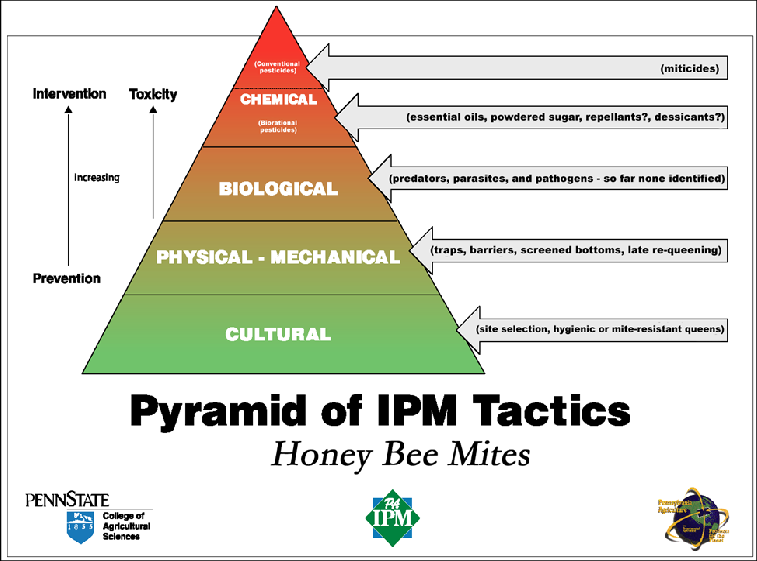
ECO-FRIENDLY AND SELF-SUFFICIENT
Bee Ethic is eco-sustainable by definition. As bees are often kept in remote locations, the Bee Ethic system is equipped with solar panels, making it energetically independent. It is also possible to configure the system according to specific needs and link it, for example, to the electric grid, with a standard electric socket.
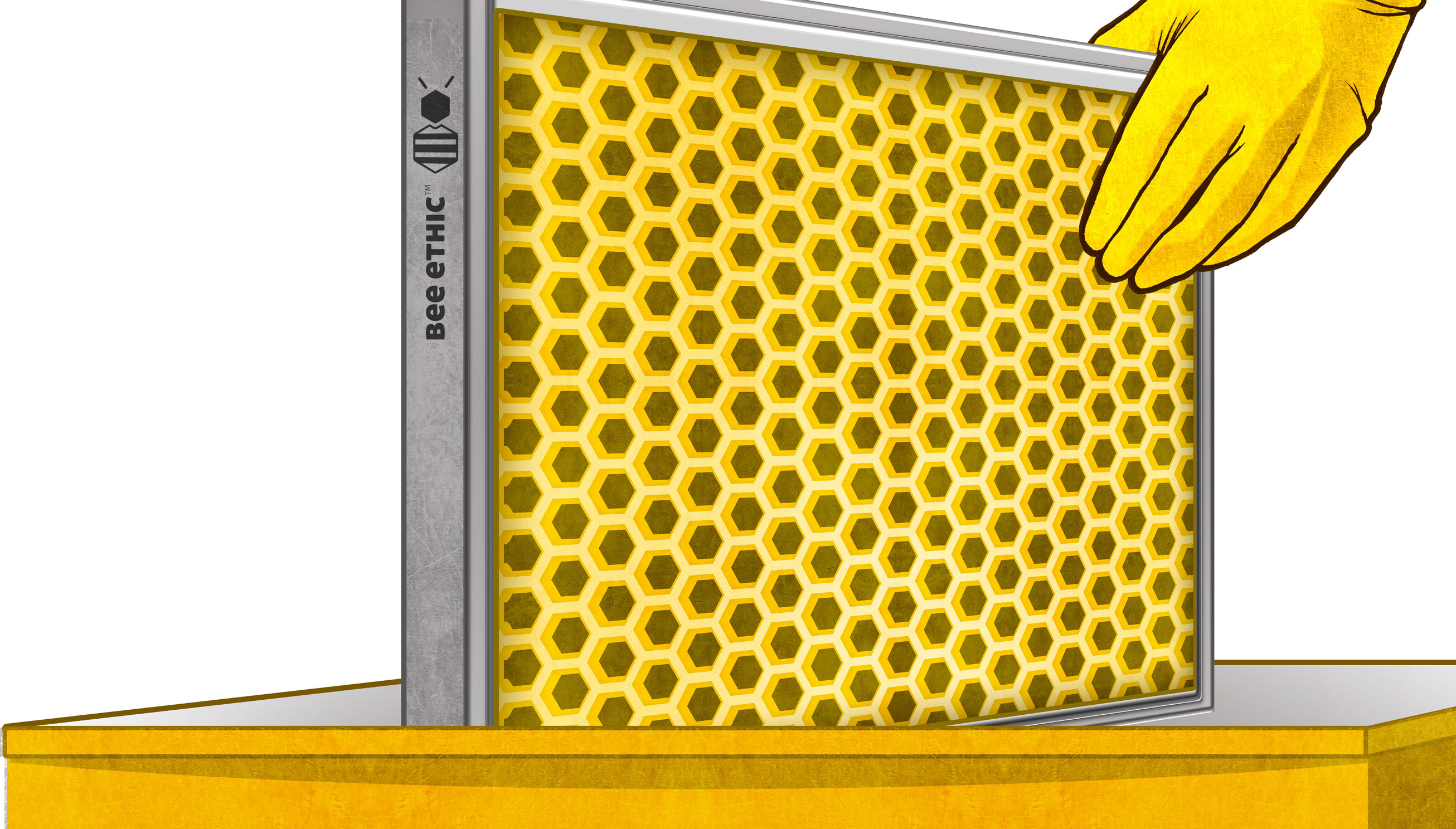 With Bee Ethic, bee-keepers will be able to re-discover and enjoy old-days apiculture, when Varroa had not colonized the Apis Mellifera.
With Bee Ethic, bee-keepers will be able to re-discover and enjoy old-days apiculture, when Varroa had not colonized the Apis Mellifera.
They will be able to respect bees and the environment, saving time and increasing their profits.



